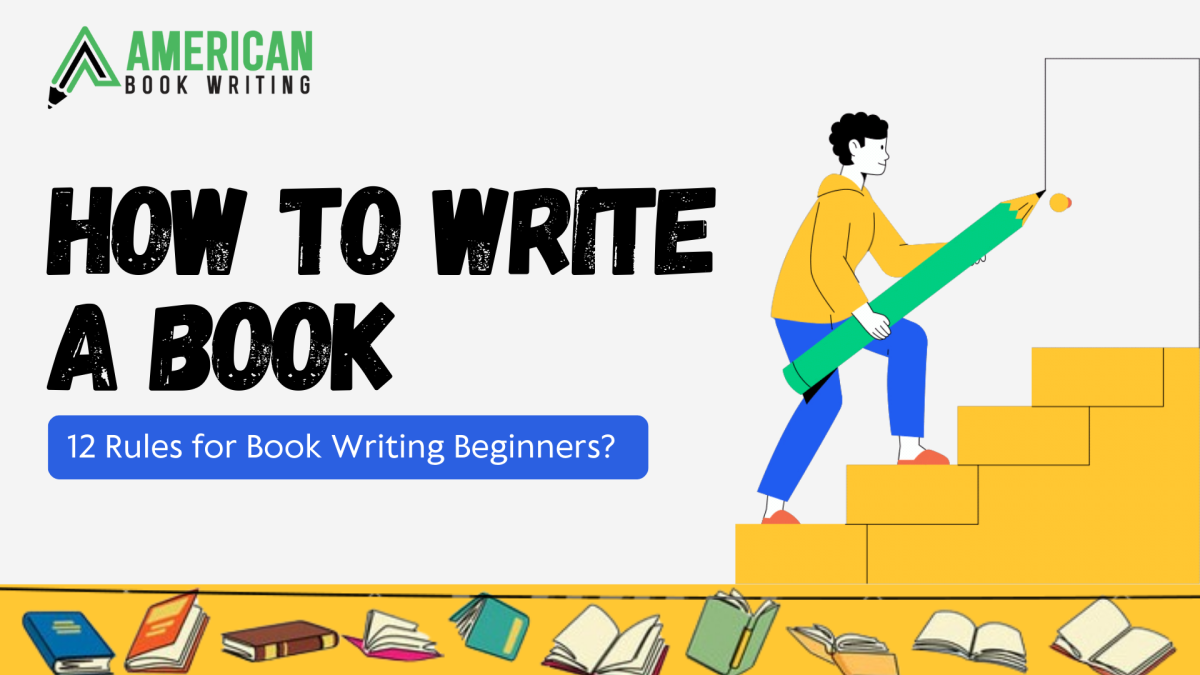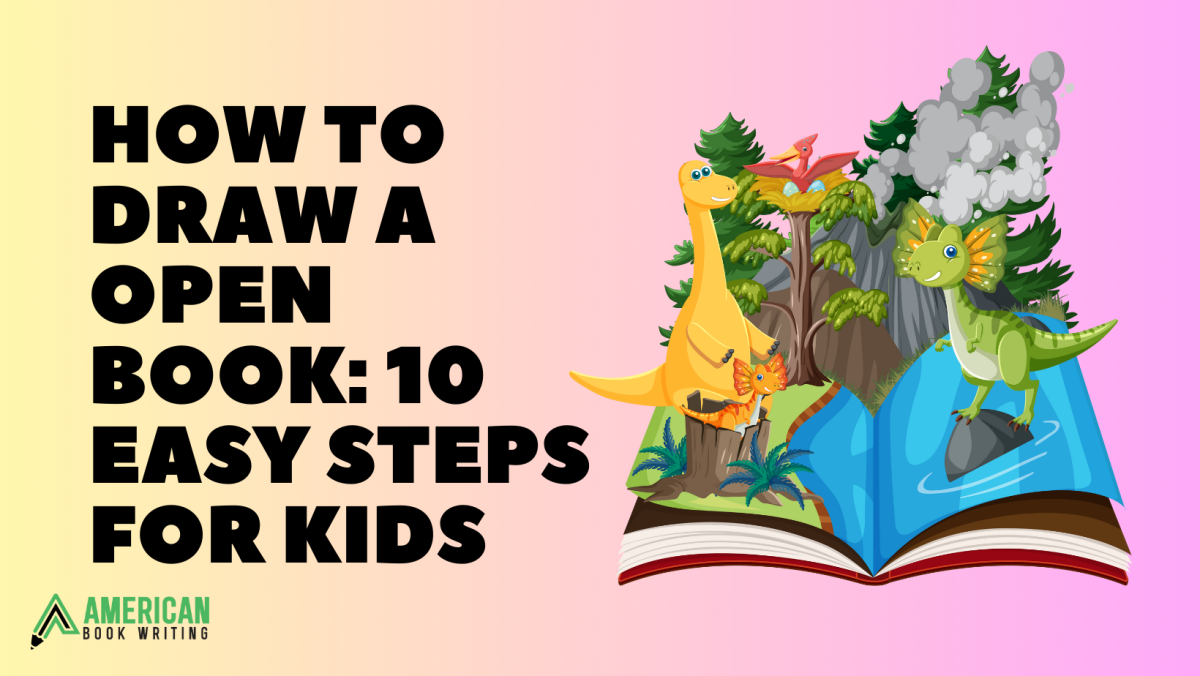Blog Writing
Press The Play Button On The Audio To Listen Complete Article!
The process of writing a book is likely to be long, so having a clear destination in mind can help keep you motivated. Ask yourself why you are writing, how to write a book, and what you’re writing.
It might be as informal and straightforward as you just want to express a narrative brewing in your mind.
On the other hand, it can be more concrete and focused: you’re penning an eBook to increase sales for your company. Undoubtedly, one can write a book for any purpose; the only question is which one should identify.
Understanding the Basics of How to Write a Book:
Define Your Purpose:
Before you start writing, take the time to reflect on why you want to write a book. Whether it’s entertaining, educating, or expressing your creativity, having a clear purpose will give your writing a sense of direction and passion.
Set Realistic Goals:
Break down your writing process into smaller, achievable goals. For example, understand how to write a book with a certain number of words or complete a specific chapter within a week. Setting realistic goals helps you make steady progress without feeling overwhelmed.
Choose Your Writing Environment:
Experiment with different writing environments to find what works best for you. Some writers prefer silence in a dedicated office, while others thrive in the ambient noise of a coffee shop. Identify the setting that enhances your focus and creativity.
Know Your Audience:
Understanding your target audience is vital. Consider their preferences, interests, and expectations. Tailoring your writing to your audience ensures that your book resonates with the readers you want to reach.
Create a Writing Schedule:
Establishing a consistent writing schedule is crucial. Choose a time of day when you’re most alert and free from distractions. Incorporating content creation workflow into your routine builds discipline and makes writing a habit.
Develop a Strong Outline:
Create a detailed outline to serve as a roadmap for your book. Break down your story or content into chapters and subtopics. This provides structure and makes the writing process more manageable and organized.
Write the First Draft Without Overthinking:
Allow yourself the freedom to learn how to write a book without being overly critical in the first draft. Focus on getting your ideas on paper; you can refine and polish them during editing. Perfectionism at this stage can hinder your creativity.
Revise and Edit:
After completing your first draft, take a step back before revisions. Look for inconsistencies, refine your writing style, and improve the overall flow of your narrative.
Also, you can consider a book writing service for editing, as it is a crucial step in transforming your initial draft into a polished manuscript.
Seek Feedback:
Share your work with others to gain diverse perspectives. Constructive feedback from beta readers or writing groups can identify blind spots and help you strengthen weak areas. Be open to criticism and use it as a tool for improvement.
Read Widely:
Expand your literary horizons by reading a variety of genres and styles. Exposure to different writing techniques will enrich your skills and broaden your creative palette.
Embrace Rejection:
Rejections are an inevitable part of the writing process. Use rejection as an opportunity to learn and grow. Always revising and editing to avoid complications. Consider it a stepping stone toward improvement, and don’t let setbacks deter you from pursuing your passion.
Celebrate Milestones:
Recognize and celebrate your achievements, whether big or small. Completing a challenging chapter, reaching a word count goal, or finishing the entire manuscript are all milestones worth acknowledging. Celebrating your progress boosts morale and motivates you to continue.
Types of Book Writing Genre:
Fiction:
Novels:
When people think of how to write a book on fiction literature, novels usually come to mind. Their length is considerable; they typically run from eighty thousand to one hundred and twenty thousand words; however, some are far larger. Fictional writings can come in various kinds and genres, but they all have a common thread: they tell a story.
Novellas:
Can be of any genre and are short novels with word counts ranging from 17,000 to 40,000. There are numerous renowned novellas, but current readers don’t like them; therefore, publishing will be harder unless you’re an established author.
Self-publishing is transforming people’s consumption and is now the most realistic publication option for a first-time novelist.
Nonfiction:
EBooks, How-To Guides, And Other Things:
Most of these books are nonfiction but deserve special recognition since corporations often publish them for a niche market.
Company eBooks aim to teach potential buyers about the business to gain their trust and, eventually, sell a product or service. People who already own a product or service can use technical guides to learn how to use it.
Academic Book:
Books that are meant to help people learn are called academic books. Textbooks used to teach classes, papers that share new ideas and study, and other types of writing can be included. Generally, scholarly publishers publish them.
Know Your Long-term Goal:
After you complete writing your book, there are many options for what to do next. Understanding where you want to go in the future is like creating a roadmap for yourself.
Having a clear eBook distribution strategy for your long-term goals makes it easier to make decisions and use your resources wisely.
Some of your routes after writing your book are:
Traditional Publishing Houses:
One of the oldest and most reliable methods is conventional publishing firms. Usually, you send your finished book to an agent, who then shows it to publishing houses and asks them to buy it. There are times when you might not need an agent.
These companies write a deal with the author to pay them (usually a small amount up front and a cut of the profits, but the deal could look different). Then, they print, distribute, and sometimes sell the book.
Online Publishing:
It enables people or corporations to share their work anywhere on the internet, generally as downloadable content. Book publishers often choose this model to acquire new clients (by offering free downloads in return for email addresses).
Self-Publishing:
Authors make their books available to readers without needing an agency or publisher. Its popularity has skyrocketed over the last 20 years, thanks largely to the fact that it is well-loved by genre fiction, fantasy, and romance authors, among others.
Book covers, promotion, and submission to distributors are all the author’s responsibility, whether they hire a designer or do it themselves.
Tips for Improving Your Writing:
Measuring Success:
Define what success looks like for you. It could be hitting several book sales, receiving positive reviews, or completing the writing process.
Balancing Artistic Expression and Commercial Viability:
Reflect on the balance between artistic expression and commercial success. Determine how to write a book much importance you place on creative freedom versus reaching a wider audience.
Setting Financial Goals:
Consider your financial expectations from your writing. Having clear financial goals can guide your decisions whether it’s a supplementary income or a full-time career.
Creating a Personal Brand:
Explore how your writing aligns with your brand. Consider professional ghostwriting services for building your author identity to contribute to your goals and aspirations.
Building a Platform:
If you aspire to establish a presence in the literary world, consider how you’ll build and maintain a platform. This could involve social media, author websites, or engagement with writing communities.
Exploring Publishing Options:
Determine your preferred path to publication. Whether you’re interested in traditional, self-publishing, or hybrid models, align your end goal with your chosen publishing route.
Fulfilling a Creative Vision:
Emphasize the importance of expressing your creative vision. Consider how staying true to your artistic goals contributes to your overall satisfaction and sense of achievement.
List of Writing Assistant Tools:
Various tools are available to assist writers in the book-writing process, offering features ranging from organization and planning to actual writing and editing. Here are some recommended book-writing tools:
Scrivener:
Designed specifically for writers, Scrivener offers a range of organizational tools. It allows you to break your book into manageable sections, write a book summary, track research, and provide a distraction-free writing environment.
Google Docs:
A cloud-based platform, Google Docs allows collaborative writing and easy access from any device. It’s suitable for writers who prefer a cloud-based solution and real-time collaboration.
Grammarly:
Grammarly is an AI-powered writing assistant that helps with grammar, spelling, and punctuation. It’s available as a browser extension and integrates with various writing platforms.
ProWritingAid:
An editing tool, ProWritingAid analyzes your writing for grammar, style, and readability issues. It provides suggestions to enhance your writing during the editing phase.
Hemingway Editor:
Hemingway Editor highlights complex sentences and common errors and suggests improvements to enhance readability. It’s a valuable tool for improving the clarity and simplicity of your writing.
Conclusion:
Think of writing a book as planning what you want to achieve in the long run. It’s important to figure out what matters to you, what you love doing, and what kind of mark you want to leave with your book on the world.




